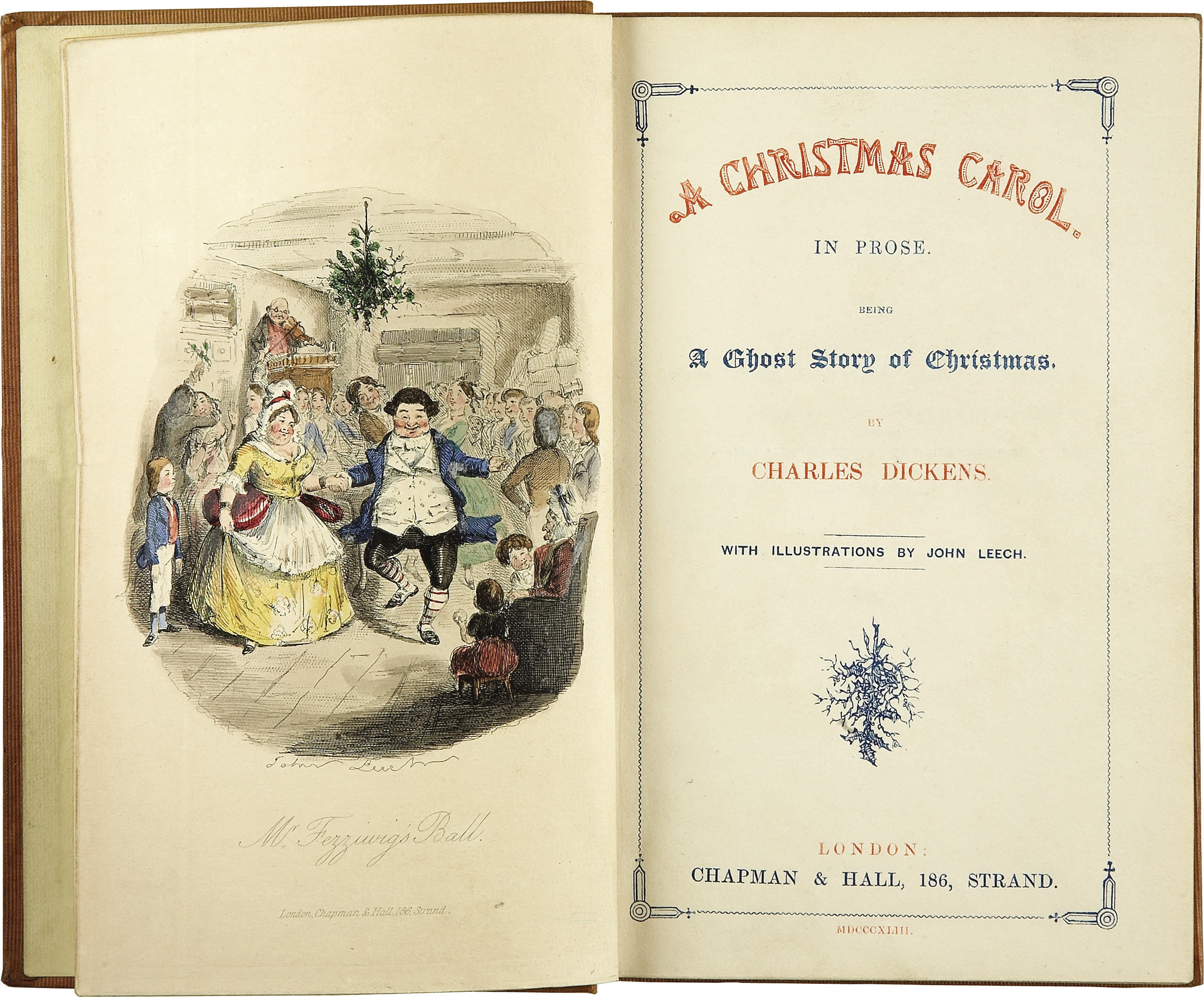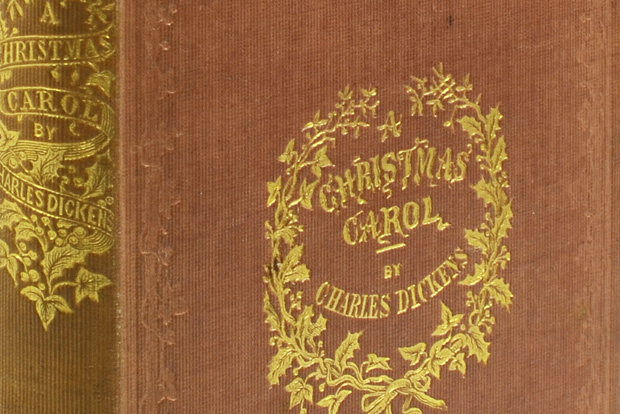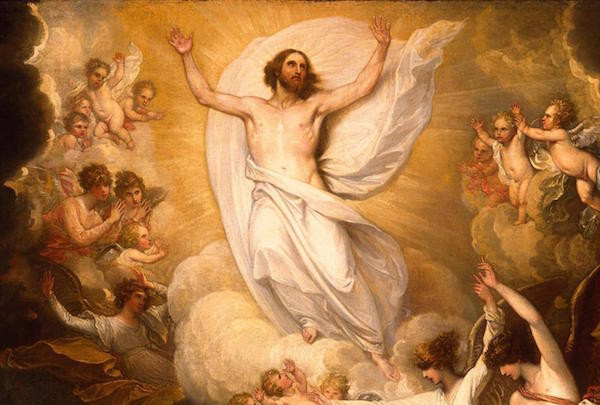
Origin of the Bible.
The Bible is one of the world's oldest books.Its oldest sections were written about the birth of Christ.Even its newest sections were written about 1900 years ago.One of the most important facts about the Bible is that those who wrote it did not claim to be the source of the ideas they wrote about.For example,one of the writers,Paul, made this statement:All Scripture[i.e.:the Bible]is inspired by God and profitable for teaching,for reproof,for correction, for training in righteousness;that the man of God may be adequate;equipped for every good work.
The Old Testament Books.

The Old Testament is the first section of the Christian Bible, based primarily upon the Hebrew Bible , a collection of religious writings by ancient Israelites. It is the counterpart to the New Testament, the second portion of the Cristian Bible.The Old Testament canon varies between Christian Churches;Protestants and Latter-Day Saints accept only the books found in the canon of the Hebrew Bible,dividing them into 39 books,while the Catholic, Eastern Orthodox,and Oriental Orthodox Churches accept somewhat larger collections of writings. The Bible is a whole library bound up in one volume.The word"BIBLE"means"BOOKS",and altogether there are 66 books in the Bible:
THE OLD TESTAMENT
(Genesis to Malachi) |
39 BOOKS
|
THE NEW TESTAMENT
(Matthew to Revelation) |
27 BOOKS
|
Total
|
66 BOOKS
IN THE BIBLE |
A Christmas Carol by Charles Dickens.

A Christmas Carol in Prose,Being a Ghost-Story Of Christmas,commonly known as A Christmas Carol, is a novella by Charles Dickens,first published in London by Chapman&Hall on 19 December 1843.The novella met with instant success and critical acclaim.A Christmas Carol tells the story of a bitter old miser named Ebenezer Scrooge and his transformation into a gentler,kindlier man after visitations by the ghost of his former business partner Jacob Marley and the Ghosts of Christmas Past,Present and Yet to Come.
The book was written at a time when the British were examining and exploring Christmas traditions from the past as well as new customs such as Christmas cards and Christmas trees.Carol singing took a new lease on life during this time.A Chistmas Carol remains popular—having never been out of print—and has been adapted many times to film,stage,opera,and other media.

This picture is showed about the Books A Christmas Carol's first edition cover on 1843 by author Charles Dickens.
19th December 1843: A Christmas Carol first published
Vocabulary.
1.Scrooge:守財奴
2.Secular:世俗
3.Religious:宗教

4.Gay:快樂的,同性戀
5.Bough:大樹枝

6.Bow Tie:蝶形領結

7.Fresco:壁畫

8.Crucifixion:刑罰,苦難
9.Parables:預言
10.Resurrection:復活

11.Genesis:起源
12.Providence:深謀遠慮
13.Enlightment:啟蒙
14.Clay:黏土
15.Dust Ash:除塵灰

16.Ribs:肋骨

A Song is about "Have yourself a Merry Little Christmas" is sing by Viktor Kiraly.
Viktor Kiraly- Have yourself a Merry Little Christmas
Meet me in St-Louise

This article is about the 1944 film.Meet Me in St.Louis is a 1944 musical film from Metro-Goldwyn-Mayer which tells the story of an American family living in St.Louis at the time of the Louisiana Purchase Exposition World's Fair in 1904.
The movie was adapted bu Irving Brecher and Fred F.Finkleoffe from a series of short stories by Sally Benson, orginally published in The New Yorker magazine under the little"5135 Kensington", and later in novel from as Meet Me in St.Louis.The film was directed by Vincente Minnelli,who met Garland on the set and later married her.It was the second-highest grossing picture of the year,only behind Going My Way.
From Wikipedia,the free encyclopedia
Abraham.

This article is about the biblical Abraham.Abraham ,birth name Abram, is the first of the three biblical patriarches. His story, told in chapters 11 through 25 of the Book of Genesis, plays a prominent role in Judaism, Christianity, Islam and the Bahaj.Faith.
According to Jewish tradition and the Bible's internal chronology,Abraham was born in the year 1948 from Creation (1813 BCE). To date, there has been little if any archaeological or other scientific evidence to confirm or disconfirm his existence at the time. Scholars variously consider Abraham to have lived as late as the seventh century BCE, or that he is a later,literary construct and not a historical person. Potentially, excavation of his traditional burial site, the Cave of the Patriarchs at Hebron, along with carbon dating and/or DNA analysis from the bodies in comparison with the shared Y-chromosomal genes among Jewish and Arab people,his patriarchal offspring by tradition, could provide confirming or disconfirming evidence of his existence and chronology.
From Wikipedia,the free encyclopedia
Sarah.
Sarah or Sara was the wife and half sister of Abraham and the mother of Isaac as described in the Hebrew Bible and the Quran. Her name was originally Sarai. According to Genesis 17:15, God changed her name to Sarah as part of a convenant after Hagar bore Abraham his first son, Ishmael. The Hebrew name Sarah indicates a woman of high rank and is translaed as"princess"or "noblewoman".
From wikipedia, the free encyclopedia
Isaac.

Isaac as described in the Hebrew Bible and the Quran, was the second son of Abraham, the only son Abraham had with his wife Sarah, and the father of Jacob and Esau.According to the Book of Genesis, Abraham was 100 year old when Isaac was born, and Sarah was past 90. According to the Genesis narrative,Abraham brought Issac to Mount Moriah where at God's command, Abraham built a sacrificial altar to sacrifice Issac. This event served as a test of Abraham's faith.At the last moment an angel stopped him.
From wikipedia, the free encyclopedia















































